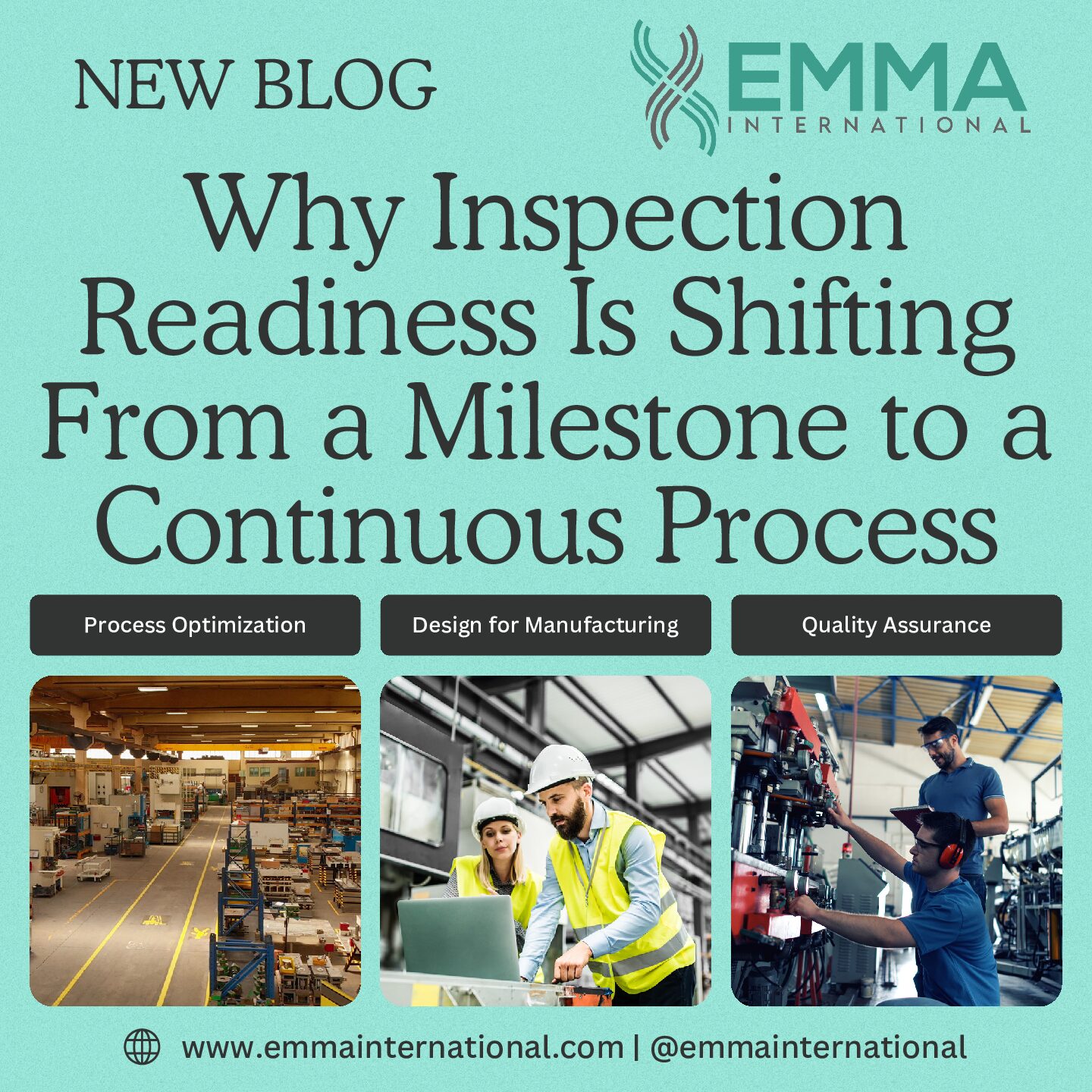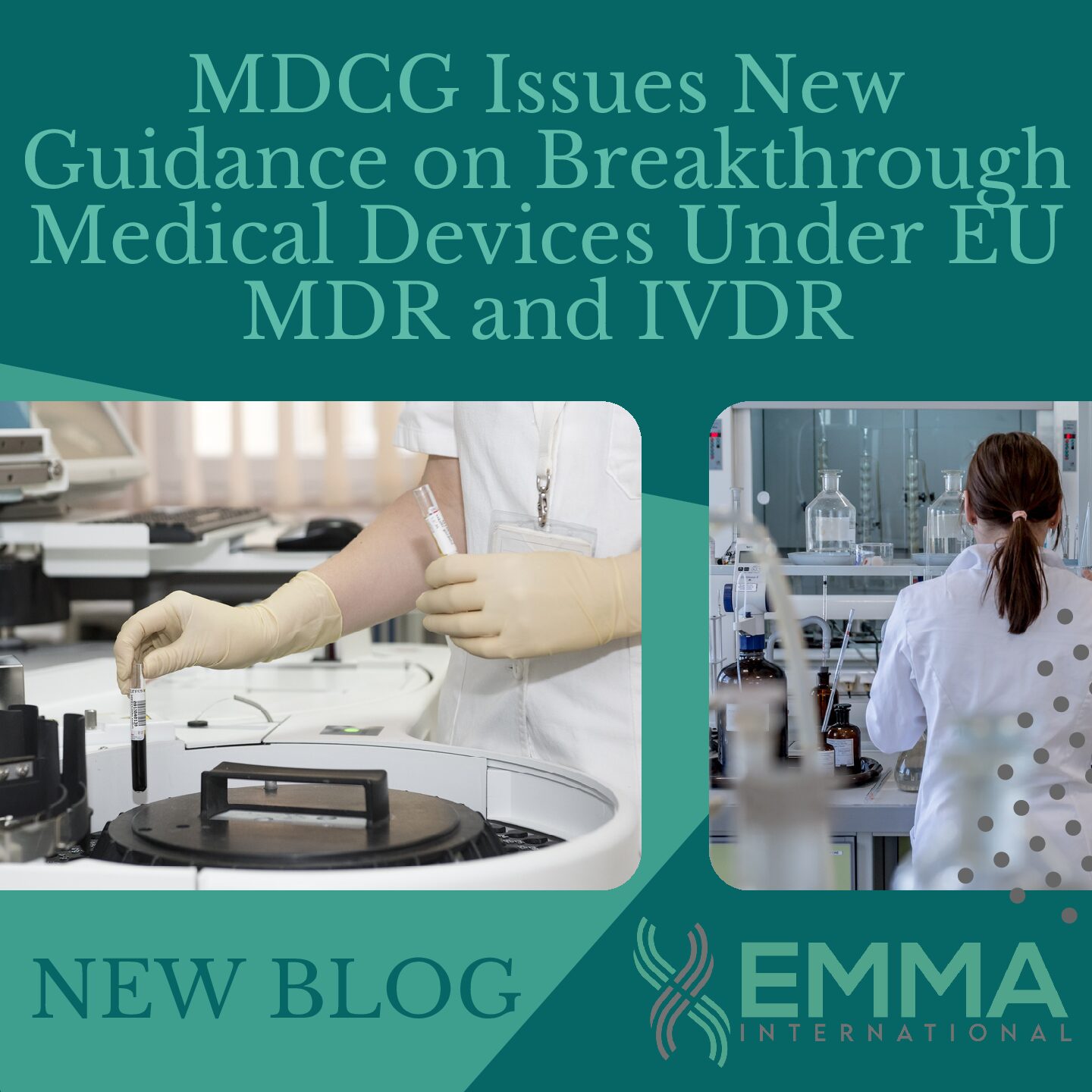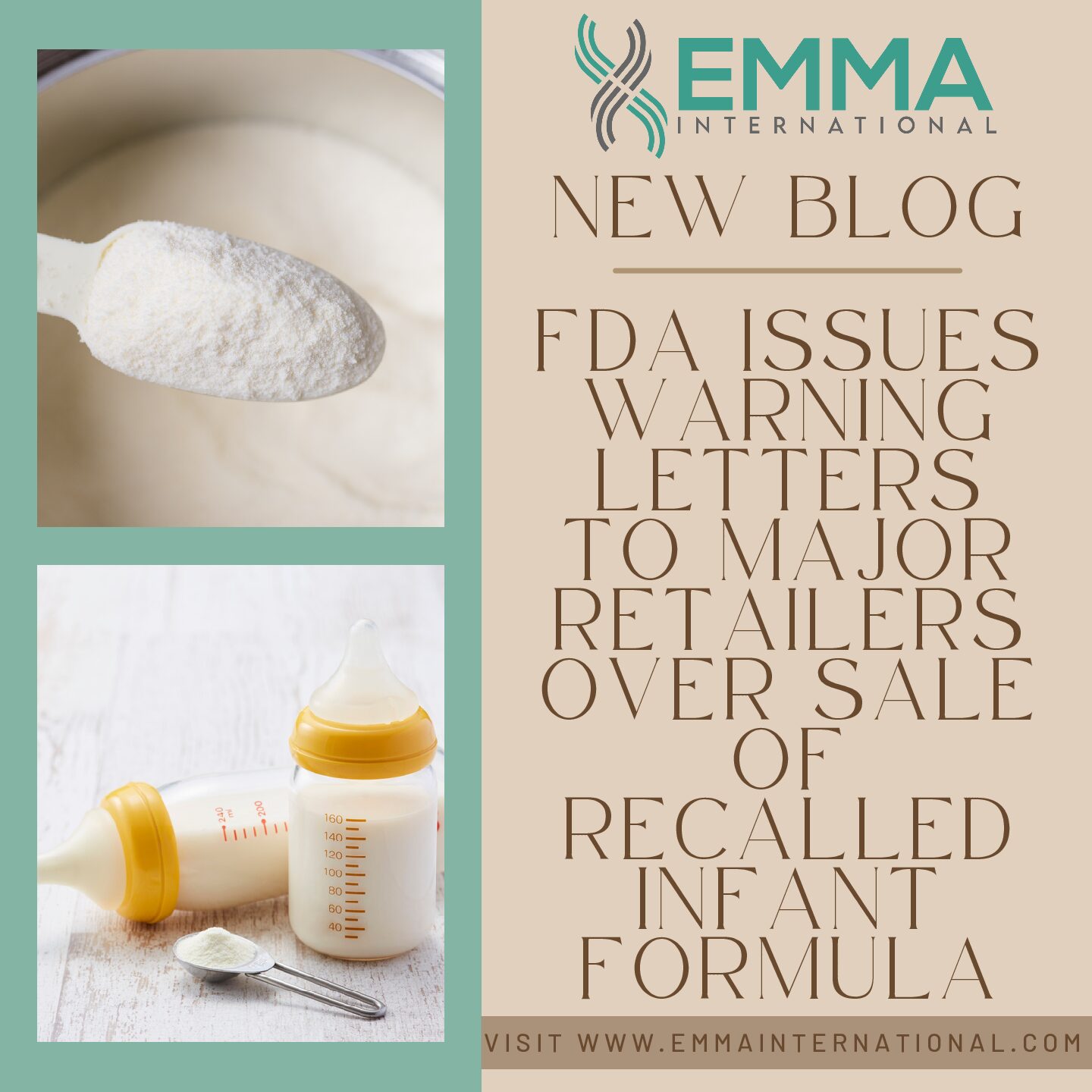Electronic Quality Management Systems (eQMS) are great tools for managing CAPAs, complaints, supplier management, documentation, and other quality processes in regulated industries such as pharmaceuticals, medical devices, and biotechnology. With so many eQMS solutions available, it can be challenging for organizations to determine which system best fits their needs.
1. Veeva QualityOne
Veeva QualityOne is a cloud-based eQMS designed specifically for life sciences organizations [1]. It integrates seamlessly with other Veeva products, such as CRM and Vault, making it an excellent option for companies already using Veeva’s ecosystem. QualityOne is highly configurable and offers modules for document management, training, and CAPA (Corrective and Preventive Actions). Its user-friendly interface and scalability make it an excellent choice for both small and large organizations. However, it does have a higher cost.
2. MasterControl
MasterControl is one of the most widely used eQMS platforms in regulated industries. It provides a comprehensive suite of tools for managing quality processes, including document control, training management, and supplier management [2]. MasterControl is known for its reliable quality management features. While it has a wide range of features, the platform’s complexity may require some training for new users.
3. ETQ Reliance
ETQ Reliance is a flexible eQMS that serves multiple industries, including life sciences. Its key strength is its modular approach, allowing organizations to build a customized system tailored to their specific needs. ETQ Reliance supports automation for document control, employee training, and corrective action, improving efficiency across quality processes [3]. It also has strong analytics capabilities, which help organizations identify trends and improve decision-making. The system can be scaled up or down, making it suitable for organizations of all sizes.
4. Sparta Systems TrackWise Digital
TrackWise Digital, by Sparta Systems, is a cloud-based eQMS with a focus on centralized quality management. It integrates well with other enterprise systems, such as ERP and MES, creating a streamlined workflow for managing quality across the supply chain. Key features include complaint handling, audit management, and regulatory reporting. However, because it has a high level of customization, it can take a longer time to set up and implement.
Choosing the Right QMS
When selecting a QMS, companies should consider factors like scalability, ease of use, and integration with existing systems. Budget and regulatory requirements are also critical considerations. Each of these eQMS platforms has strengths that cater to different needs, so organizations should evaluate their specific requirements before making a decision. It can be helpful to utilize the expertise of a consulting firm when determining which QMS to use and for assistance transitioning to the new system to ensure there are no lapses in compliance and the transition is smooth. Investing in the right QMS can significantly enhance quality management processes and ensure compliance in a competitive and heavily regulated industry.
EMMA International is here to provide full-circle solutions for all aspects of quality management systems. Give us a call at 248-987-4497 or email us at info@emmainternational.com to learn more about how EMMA International can take the stress out of quality and regulatory compliance!
[1] Veeva (2024) Modernizing Quality with Unified QA, QC & Training, Retrieved on 6 December from: https://www.veeva.com/products/vault-quality/
[2] MasterControl (2024) Life Changing Products, Retrieved on 6 December from: https://www.mastercontrol.com/?_gl=1*1vk94d0*_up*MQ..*_gs*MQ..&gclid=EAIaIQobChMI4YWW28-TigMVM0f_AR1PsSyTEAAYASAAEgItDfD_BwE
[3] ETQ (2024) Quality Creates Business Value, Retrieved on 6 December from: https://www.etq.com/
[4] Honeywell (2024) TrackWise Digital, Retrieved on 6 December from: https://www.spartasystems.com/trackwise/





